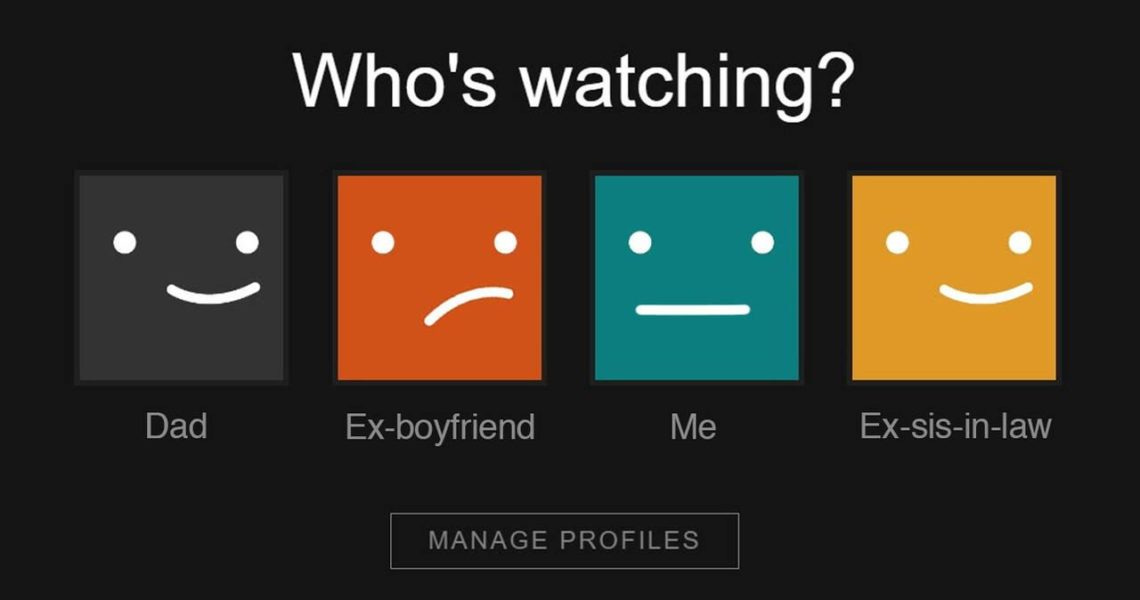Happy Monday Friends 👋
Welcome to the 71 new subscribers who joined us since last week! If you haven’t subscribed, join 191 sharp, inquiring members by subscribing here:
Last week I had the opportunity to jump on Overpriced JPEGs and The Hyper Room to chat about the music industry and CC0. It’s a conversation I expect to continue to heat up in the coming months as creators flock to broaden their reach with tools to own their audiences. If you haven’t yet be sure to check out the newsletter I wrote on CC0 a couple weeks back.
This week we are going to have a candid conversation about…rugging. It’s a topic typically reserved for shouting matches on Crypto Twitter as communities express anger over a perceived betrayal by the founder. I hope this opinion piece both broadens your perspective on the topic and gives would be founders a playbook for exiting gracefully.
As always, keep the feedback coming. Let’s get into it.
I spent five years at Amazon where I watched the city of Seattle burgeon into a tech metropolis. South Lake Union, an abandoned warehouse district when I interviewed in 2013, has transformed into a tech campus. Google, Apple, and Meta have all joined Amazon in setting up shop under the watchful eyes of the Space Needle.
It’s not just the tech giants who have transformed the city. The startup scene is one of the best in the country. Companies like Amperity, Convoy, Helion, Icertis, and Karat have all grown from humble beginnings to billion dollar unicorns. However, exponentially more prominent are all the startups who didn’t quite make it. Bootstrapped or funded. Solopreneuer or team. The city’s startup graveyard gets bigger every day.
This past week I was back in Seattle for a wedding. I grabbed dinner with a good friend of mine who is a founder of an NFT project. The bear market has been absolutely brutal for them. While the project sold out, they’ve watched as their ETH denominated treasury has dwindled. Further, the once vibrant community has been dormant. Like many projects during the bear market this one has seen engagement fall off a cliff as people pack up their bags and await greener pastures.
They estimate ETH would need to cross $3,000 in order to operate the business. “I’ve got kids man” they told me over noodles. “I want to make this thing work full time but I have mouths to feed”. The founder has begun searching for full time work out of necessity. Who can blame them?
Yet, transitioning from a failed NFT project is not only frowned upon, it’s downright self destructive. The community refers to this practice as “rugging”. Whether done with malicious intent (e.g. taking the ETH and going rogue) or not (e.g. failed project, time to move on) the reaction from the community is typically the same. In the community’s eyes a project is a life sentence for its founder.
This makes no sense.
NFT projects are startups. Like startups, almost all will certainly go to zero. However in NFTs it’s not enough for founders to go down with the ship. It’s as if they must be anchored down in those deep blue depths for eternity.
This mindset is detrimental to the growth of the space. Fewer founders will be willing to take the leap if they feel the pressure of getting it 100% right the first time. We will be left with less experimentation. Instead of novel ideas we will get copy pastas of tried and true playbooks. Every project will try to be the next Bored Ape Yacht Club instead of the first of something entirely new. It will be like going to get ice cream and every flavor is a variation of vanilla. No disrespect to vanilla but my sweet tooth yearns for variety.
So that begs the question - how do we as a community not only make it acceptable to fail, but push for it? For founders to dust themselves off and try again? And again. And again.
We need a framework for…rugging. No, I am not suggesting we promote bad actors. Those who look to create projects to steal funds from their communities should be blackballed (looking at you, Pixelmon). But, we need a playbook for gracefully closing up shop.
To successfully manage their exit, I propose a founder must: 1) maintain clear, constant dialogue with their community, 2) transfer ownership of the project to the community, and 3) remove their creator royalty.
Clear Communication
This should go without saying but often project founders do not take it upon themselves to speak directly with their community. The community should not be surprised a founder is calling it quits. A transition announcement should be the result of consistent dialogue. The founder must keep the community informed on the health of the project and their course of action. Communication should be a mix of megaphone announcements (e.g. Twitter posts) and campfire discussions (e.g. Town Halls). Communication is a sign of respect. It demonstrates you are taking into account the well being of the community. Successful communication creates empathy and gives the community time to react.
Transfer Ownership to Community
Communities are owners. Not audience members. As owners they should be given ultimate authority over what happens to the project. The founder should transfer control of the collection, socials, funds, and multi sig wallets. The community for their part may nominate delegates to oversee these assets.
Remove Creator Royalty
I want to be clear, I am not promoting the removal of creator royalties for artists. The promise of web3 is that creators may profit off their work on the secondary market. However, where a founder has created a project with the intent for it to go beyond the art (e.g. creating a brand), it is ethical to no longer participate in the upside of a project they are not helping to push forward. Failing to relinquish royalties breaks trust with the community and can be seen as freeloading.
We saw this play out earlier this year when Sartoshi, founder of MFers, left the project. While they kept to the playbook by clearly communicating with the community (via Mirror announcement) and transferring ownership of the project, Sartoshi maintained a 25% share of the creator royalty. Reaction was swift. While the community anticipated Sartoshi would leave, there was public outrage over their decision to keep such a large share after doing so. The project floor crashed 33% in the days following the announcement and as of publication is down over 50%.
Founders need to be able to take risks. Communities need to be able to trust founders to do right by them. Projects fail. Just like community owners can sell in and out of their positions, so too must founders be able to move forward. Rugging, when done with care, should not be a death sentence. If the space is going to reach mainstream adoption we need to embrace risk taking, not punish it.
Thanks for reading this week’s One Big Idea!
Have an idea for a future edition? Be sure to drop a comment or feel free to email me directly at austin@chasingcuriosity.xyz. For more content like this be sure to follow my ramblings on Twitter.
Have a good week everyone,
austin







